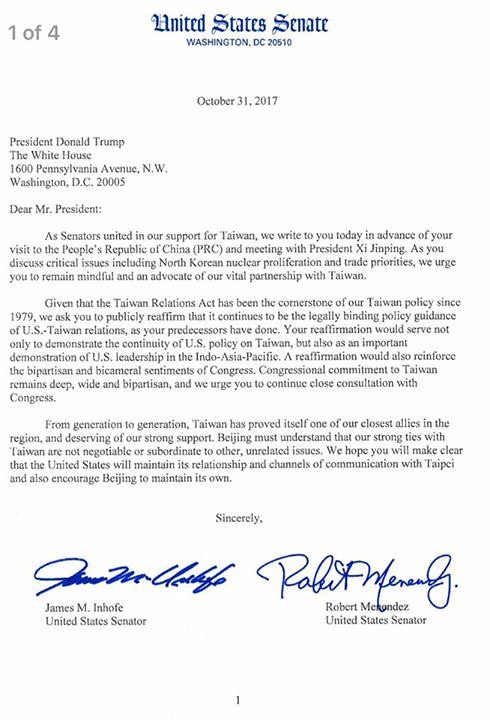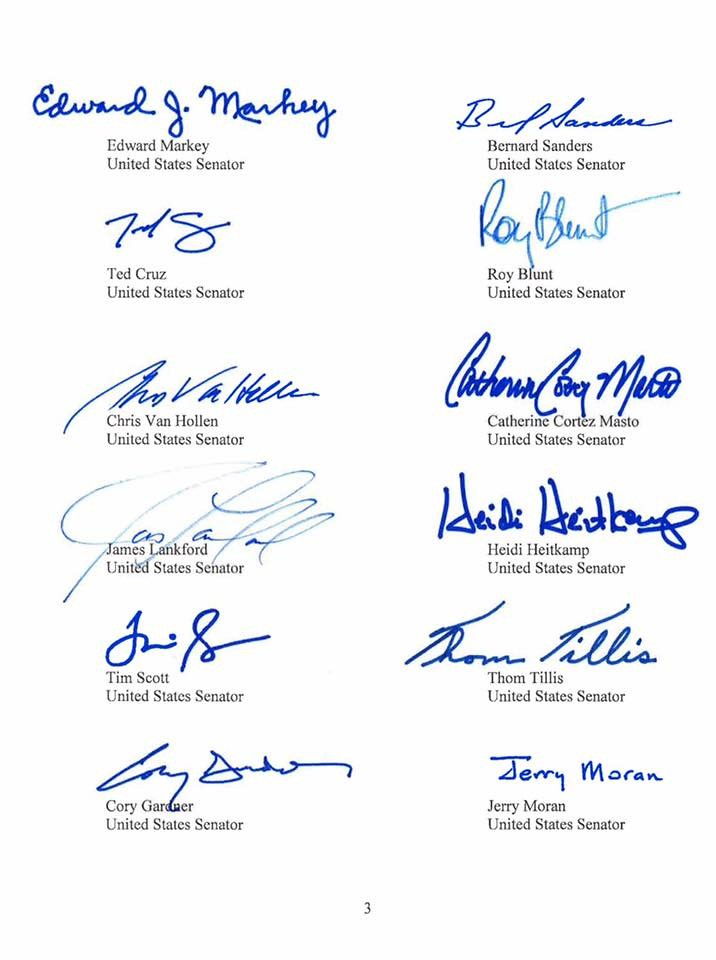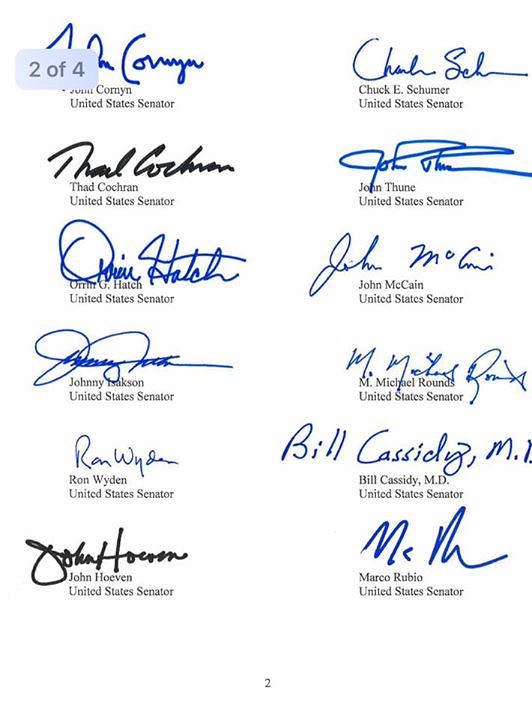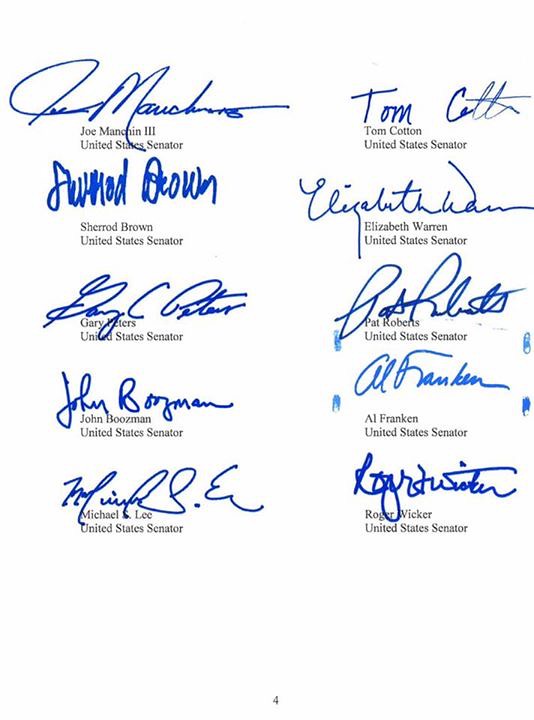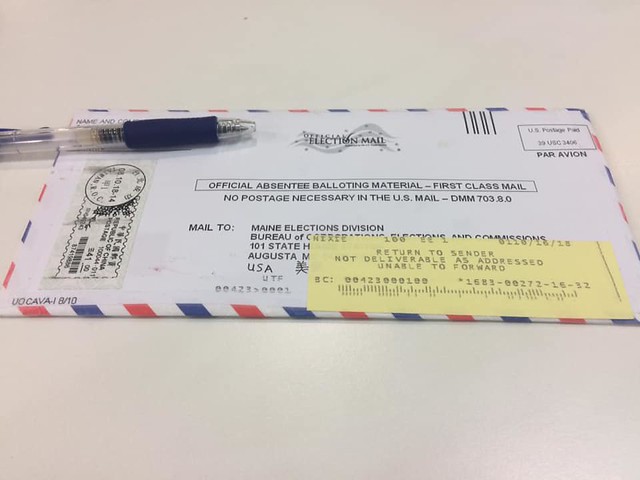 |
| How is this undeliverable to the address on the label they themselves provided? |
There are a few good things to being American (y'know...a couple. One or two.) One of them is the ability to vote from overseas, so you don't have to fly back to your designated polling place or skip the election. Although there are good reasons why Taiwan doesn't have absentee voting (mostly that it would be a huge security risk in terms of China tampering with the votes of Taiwanese residing there through any number of means, but it's hard to make an argument to allow absentee voting for everyone but those residing in China), that means voting in Taiwanese elections means flying back. That, or don't vote.
I've realized in this past election, however, that one's absentee ballot is not nearly as guaranteed as it might seem. I had trouble myself, which is how I became aware that this was an issue.
I did an informal poll of American friends here in Taiwan, most of whom had no problems with their ballots in the last election, but those that did all had similar stories to tell. They were also far higher in number than I am comfortable with: about a quarter of the people I asked had trouble. That number should be in the single digits, or approaching zero.
So, what can go wrong with your absentee ballot?
My husband and another friend encountered a suspicious issue: Brendan's ballot mysteriously disappeared (he did something about that and emailed a new ballot, which was accepted, in time for the election). Just today he received his original posted ballot back, marked as "undeliverable", even though - and I cannot stress this enough - he used a label with the address that his own board of elections had provided. It was their envelope - how could it be undeliverable to their address? And the address on it was clear.
My friend also had a ballot returned as "undeliverable" despite, again, using the envelope that was provided by the very organization he was sending it to. There is just no good reason for this to be happening. He had a family member bring it in person to the election office, but that should have never been necessary.
My own ballot took far too long to arrive: I mailed it three weeks before the election, on October 17 (my state allows you to download and print your ballot, but not to email or fax it back) and only realized on election night that I could actually check the status online. I was dismayed to find that there was no record of it having been received. Mail from Taiwan is generally reliable and takes about a week, so I was understandably nervous.
I called the elections board that should have received my email, only to have it confirmed: there was no record of my ballot being received. As another rule my state has is that absentee votes need to be postmarked the day before the election, it was too late by then to send another ballot. I had no idea where it ended up, and no way to track it as it hadn't been sent by registered mail (because I truly didn't think it would get lost). Another Facebook friend had the same thing happen to him - same congressional district, coincidentally. Same Board of Elections.
The bigger issue for me wasn't that my vote in this election might not have counted - my choices for Congress and Senate won - but that I had never before thought to check the status of previous ballots. I had just assumed they'd been counted. I had to wonder: was my entire adult voting life a lie? Have I been a non-voter this whole time when I thought I was casting ballots?
My story has a happy ending too: the day after the election the system finally marked my ballot as received. However, that was not a foregone conclusion.
Even more worrisome? I was able to check the status of my absentee ballot as an overseas voter. Another friend who is absentee but domestic (same state, different district) had no way to check that her vote was received. She'll literally never know.
Of course there are also the issues with absentee votes simply not being counted - as we're seeing with the absolute fuckshittery (Brendan's word, credit where credit is due) going on in a few states, signature matching issues and voter roll purging (at least as an absentee voter you'll find out early if Republicans are trying to suppress your vote because you won't vote for their racist, sexist rich-people bullshit. And yes, I am saying one party is entirely responsible.) These issues are in addition to everything else going on.
It's quite worrisome that it's hard to know if one's vote is going to be counted. It's not something to be dismissed. People died for the right to vote; it's worth taking seriously. Civic engagement matters. A lot of the bullshit that gets passed goes through because otherwise good people don't vote. Because the youth - who frankly, tend to end up being right on classic liberal issues like marriage equality - don't turn out to vote in the same numbers. A lot of things could change if more people voted (including better candidates so we'd feel more empowered to vote for people we actually want in office).
So, what can you do about it?
1. Vote early. That gives you weeks or possibly even months to ensure that your vote is in and counted.
2. Drop off your ballot if possible. That might mean sending it (in a third envelope that holds the two required ones) to friends or family who can take it in personally, or bringing it to your embassy if that's possible (I know that's possible in the UK but don't know if it is in Taiwan. I'll check. Does anyone know?)
3.) Keep tabs on your vote. Don't do what I do and blindly assume it will be received because the mail is reliable. Wait a week then check the status every few days. If the election is getting close and your vote still has not been received, send another through more secure means.
4.) Spend some money. By this I mean, send it registered mail (which I've been told doesn't actually do anything, but so far everything I've ever sent this way has been received) or, if you want to be really sure, send it by Fed Ex or some other guaranteed service where someone must sign for it. I hate this, because it amounts to a poll tax for ensuring that your vote is received, with no other way to be absolutely sure that something you send will get there. But, it is a way to make sure you do vote.
5.) Don't vote for dagweeds! Seriously, don't vote for authoritarian dipclowns who want to do things like cut important government funding ("we want less government" often translates into cutting funding for things like making sure elections run smoothly, updating voting machines/procedures/etc. and hiring enough poll workers.) Don't vote for buttparrots who say we shouldn't count every vote because "they're probably fake anyway". Don't vote for turdburglars who try to close polling locations, purge voter rolls in suspicious ways and don't seem to think it's important that voting machines run out of batteries, aren't set up (as in, they're found locked in a closet later, never having been used) or have confusing user interfaces that cause people to mess up their votes, or which may be insecure. Don't vote for people who try to convince you that voter fraud is a prevalent issue, when it's actually extremely rare. SERIOUSLY STOP VOTING FOR THESE PEOPLE. JESUS H.Q. CHRIST. IF YOU DO THINGS WILL ONLY GET WORSE. And I would say that even if the people doing it were on "my" side - though, to my knowledge, no one on "my" side is engaging in this crap.

